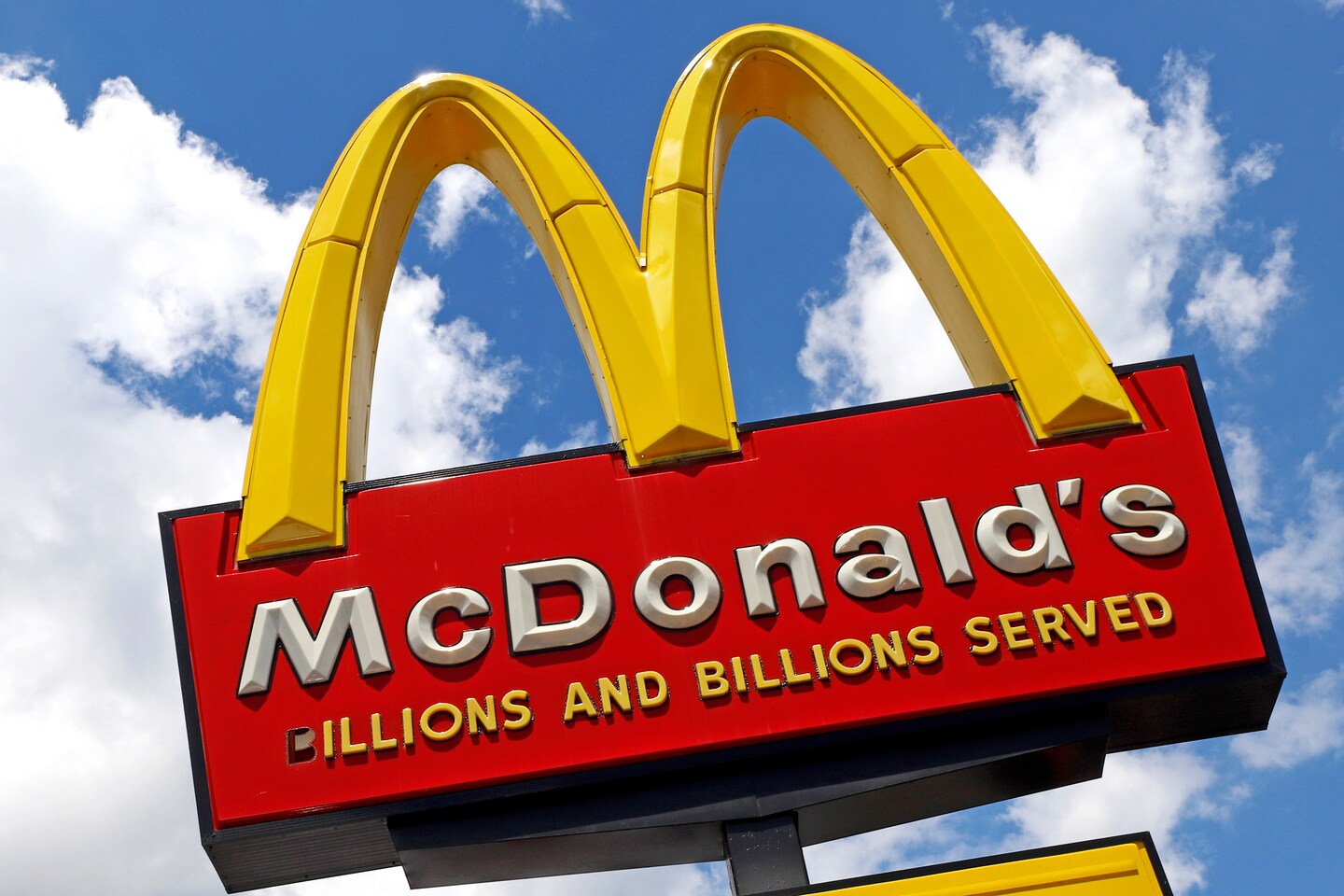52 former franchisees accuse McDonald’s of racial discrimination in lawsuit

The plaintiffs, whose franchises date back to 1981 and who left the company within the past decade, also allege that McDonald’s:
- Retaliated against Black franchisees who rejected being placed in high-crime communities.
- Denied them financial support and assistance often afforded to White franchisees.
- Excluded Black franchisees from growth opportunities at restaurants in more profitable communities where White franchisees were often placed.
- Had no justification for its pattern of denying Black franchisees better franchise opportunities over the years.
- Unfairly graded operations at Black-owned restaurants, which led to poor internal reviews and pushed out Black franchisees.
- Misled Black franchisees into purchasing franchises in difficult locations.
McDonald’s denied the allegations, saying they “fly in the face of everything we stand for as an organization and as a partner to communities and small business owners around the world.
“Not only do we categorically deny the allegations that these franchisees were unable to succeed because of any form of discrimination by McDonald’s, we are confident that the facts will show how committed we are to the diversity and equal opportunity of the McDonald’s System, including across our franchisees, suppliers and employees,” the company said in an emailed statement.
James Ferraro, the Florida-based lawyer representing the plaintiffs, said the “notion that McDonald’s is a friend of the Black entrepreneur is complete fiction,” according to a news release. “McDonald’s has been hemorrhaging Black franchisees for decades due to blatant and implicit racial discrimination. The company will now be held accountable.”
The complaint alleges the plaintiffs averaged $2 million a year in sales — $700,000 less than the company’s national average from 2011 to 2016, and $900,000 less than the 2019 average. That led to an exodus of Black franchisees, the suit says, from 400 in 1998 to less than 200 today, even as the number of McDonald’s franchises doubled.
The plaintiffs are seeking compensatory damages from $4 million to $5 million per store for the more than 200 locations operated by the former franchisees. The complaint, which seeks jury trial, was filed in the U.S. District Court for the Northern District of Illinois Eastern Division, where McDonald’s is based. The plaintiffs operated franchises in Georgia, Alabama, Mississippi, Florida, Texas, Oklahoma, North Carolina, Tennessee, Virginia, Missouri, Michigan, Illinois, Ohio, Iowa, Indiana, Nevada, New York, New Jersey, Pennsylvania, according to the complaint.
“The world will soon see how these 52 people of color risked everything on the Golden Arches only to be kept down, marginalized and driven to ruin,” Ferraro said. “Black lives matter on the streets, in our communities and they matter in Corporate America.”
McDonald’s said in its statement that it places Black franchisees in all types of communities and denied allegations it forces franchisees into underperforming markets or that franchisees don’t have a say in what locations they purchase. The company also contends it treats Black franchisees no differently from other franchisees or offers less financial support.
In a video sent to McDonald’s employees and suppliers, chief executive Chris Kempczinski said the company focuses on recruiting franchisees and suppliers from diverse backgrounds.
“Based upon our review, we disagree with the claims in this lawsuit and we intend to strongly defend against it,” Kempczinski said. “But I think it’s important in moments like this to remind ourselves what we do stand for. And as CEO, that’s a tone I intend to continuously set from the top. McDonald’s stands for diversity, equity, and inclusion. I’m proud of the work we’ve done as a company to foster entrepreneurship, economic growth and mobility.”






